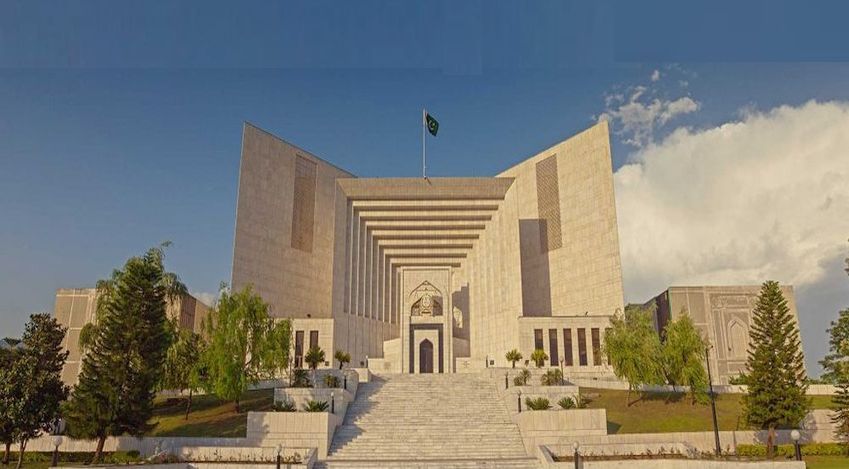Discrepancies in Medical Evidence and Ocular Evidence resulted in Acquittal of the Convict by Supreme Court of Pakistan
Islamabad 11-07-2024: In a landmark decision, the Supreme Court of Pakistan acquitted appellant in a high-profile murder case, citing significant delays in the registration of the FIR and inconsistencies in the prosecution's evidence. The case, which stemmed from the 2009 murder of Muhammad Ashfaq, was initially tried by the Additional Sessions Judge, Samundri, resulting in a death sentence for the accused under section 302(b)/34 of the Pakistan Penal Code (PPC).
The incident occurred on 08-04-2009, when an FIR was lodged by Mushtaq Ahmad at Police Station Saddar Samundri, District Faisalabad. The FIR accused appellants of firing upon his son Muhammad Ashfaq, leading to his death. Following their arrest, the accused were convicted and sentenced to death by the Trial Court. This conviction was upheld by the Lahore High Court, which later reduced the sentences of two appellants to life imprisonment whereas one appellant was acquitted on the basis of a compromise.
The appellants filed an appeal to the Supreme Court, which granted leave to appeal on February 10, 2020. During the pendency of the appeal, Muhammad Tariq passed away in jail. The Supreme Court, in its judgment, focused on the delayed registration of the FIR and the inconsistencies in the prosecution's narrative. The Court found that the FIR, which was registered hours after the incident, suggested deliberation and consultation, raising doubts about the authenticity of the allegations against appellant.
The Supreme Court's decision, authored by Mr. Justice Jamal Khan Mandokhail. There is delay in lodging of FIR and the lack of immediate recording of the complainant's initial stance weakened the prosecution's case. Discrepancies in medical evidence, particularly regarding the number of weapons involved, undermined the prosecution’s narrative. The motive assigned to one of the accused, Muhammad Tariq, had no connection to appellant, further weakening the case against him. The Court questioned the presence of the complainant and alleged eyewitnesses at the crime scene, concluding that their testimonies were not credible.
Mr. Justice Syed Hasan Azhar Rizvi dissented, arguing that the delay in lodging the FIR was explained and that the ocular evidence from the prosecution witnesses was reliable. He emphasized that the relationship of witnesses to the deceased does not automatically discredit their testimonies if they are otherwise reliable.
The Supreme Court, by a majority decision, acquitted appellant, setting aside the judgments of the Trial Court and the High Court. The Court ordered his immediate release, noting that the prosecution had failed to prove his involvement beyond a reasonable doubt. This decision underscores the importance of prompt FIR registration, reliable evidence, and the necessity of proving the accused's involvement unequivocally.
The judgment has been widely regarded as a significant ruling on the standards of evidence and the handling of delayed FIRs in criminal cases.
Powered by Froala Editor








